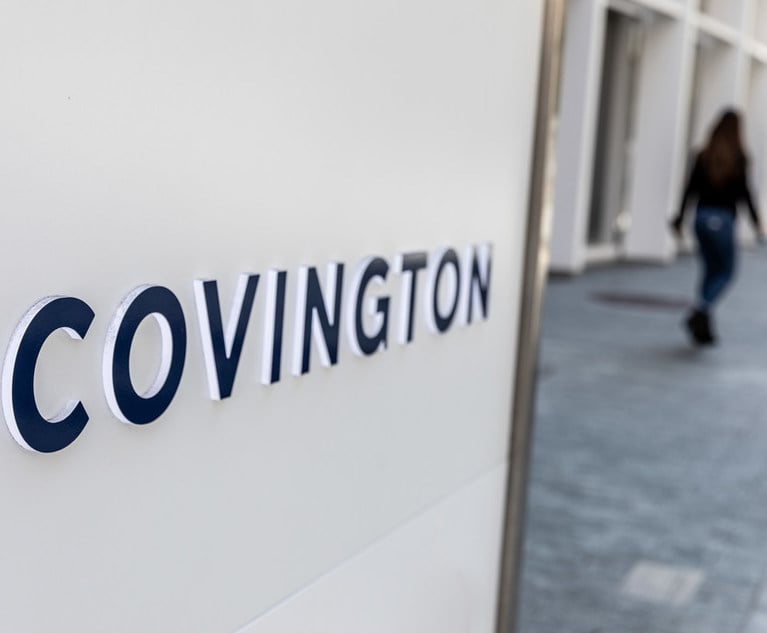It is rare for defendants to admit in federal court that they formed a cartel with the goal of raising prices, let alone escape antitrust liability for it. And yet, that improbable circumstance came to bear nearly two years ago when the Second Circuit immunized a self-professed Chinese vitamin C cartel from antitrust scrutiny. According to the Second Circuit, the vitamin C manufacturers were required by Chinese law to coordinate prices, creating a “true conflict” between regulations issued by China’s Ministry of Finance and the Sherman Act. In such a situation, the Second Circuit found, “principles of comity” required the defendants be granted immunity from any potential antitrust liability.
As we reported last year, the Second Circuit’s decision was instantly polarizing. Indeed, this January, the U.S. Supreme Court granted plaintiffs’ petition for certiorari challenging the decision. The court heard oral argument on the matter two weeks ago; a decision is expected this summer. In the balance hangs a $153.3 million jury verdict against the manufacturer defendants. More broadly, the court’s decision will help clarify whether the Sherman Act can be used to police anticompetitive behaviors that were supposedly compelled by foreign law.


 Shepard Goldfein and Karen Hoffman Lent
Shepard Goldfein and Karen Hoffman Lent




